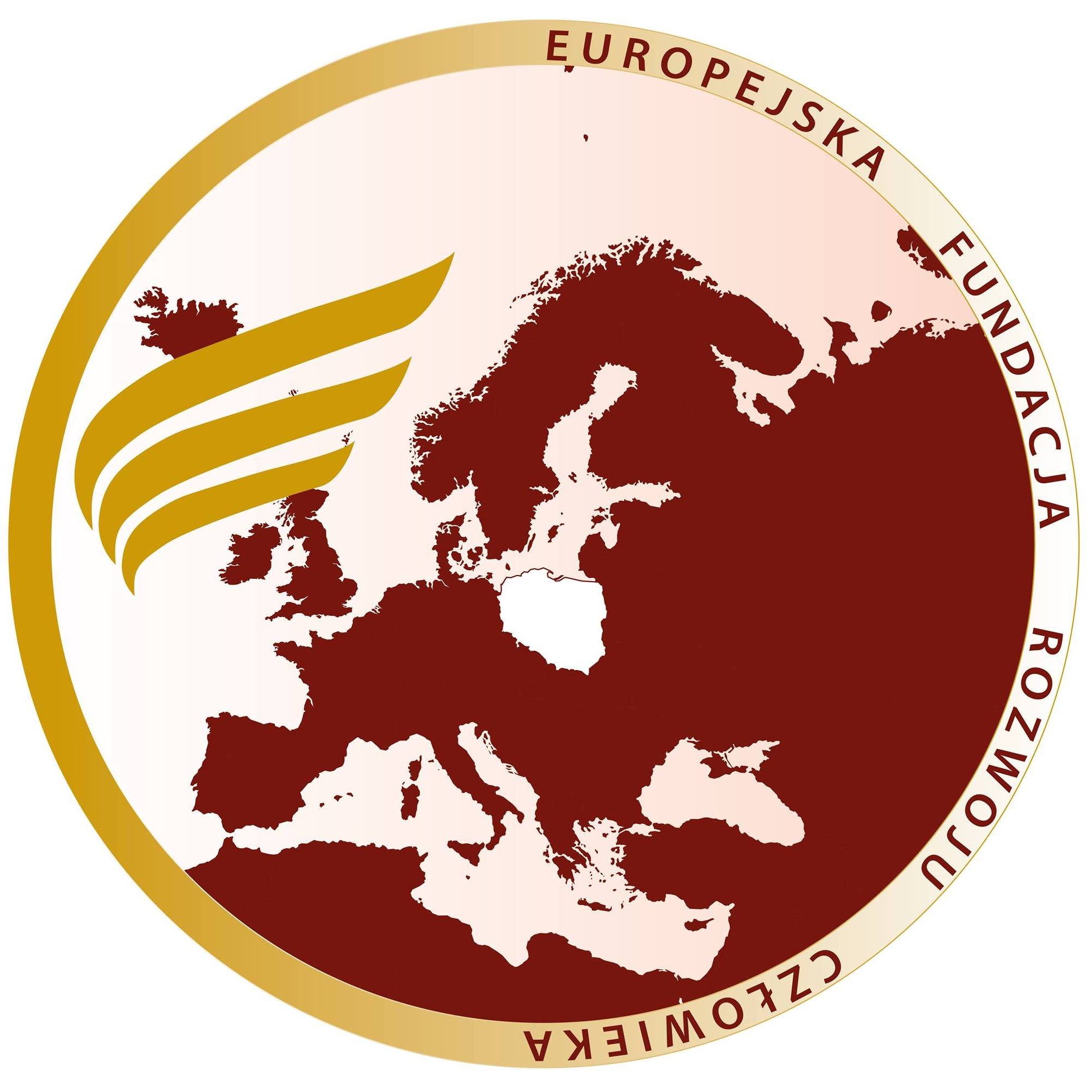
One of the first human rights movements in the Soviet Union was the Komitet Obrony Robotników (KOR) or Worker’s Defence Committee in Poland. After the Polish government announced steep price rises, particularly on foodstuffs, protests and riots broke out in various Polish cities in 1976. Although the Polish government called back the price increases, the protests were very heavily suppressed by the state. Many participating workers lost their jobs, suffered severe injuries and were even send to prison with sentences of up to 10 years. In September 1976, Antoni Macierewicz and Piotr Naimski started the KOR as a reaction to this injustice. Through the help of friendly lawyers, they tried to gain amnesty for the arrested workers, as well as trying to get fired workers their jobs back. In this process, they also assisted the workers families with money, legal counsel, and mental support.
At the same time, the KOR ran a public awareness campaign. While the government newspapers described the protests as hooligan riots, the KOR smuggled printing equipment into the country and started to disseminate its own information, showing the Polish people another side to the story. Just like with the initial protests, the Polish government suppressed the KOR heavily, yet still gave in to its demands. Thus while they severely harassed KOR’s members, allegedly even killing a student affiliated with the group, the government did grant mass amnesty to workers in 1977. It was at this point, one year after its original inception, that the groups initial mission of justice for the workers was complete.
However, this did not mean they stopped their activism. They changed their name into the Komitet Samoobrony Społecznej KOR (KSSKOR) or Social Self-Defense Committee KOR. With this name-change, they morphed into a movement comparable to the various Helsinki groups of the time, and indeed worked together with the Helsinki Watch and the Swedish and Norwegian Helsinki groups. In catholic Poland, they battled suppression of human and civil rights such as religious oppression by the atheist Soviet Union administration. The KOR and subsequently the KSSKOR were very influential not only in securing amnesty, but also in showing the Polish people that dissidence was possible and effective. Soon, other groups started forming and KSSKOR was finally absorbed into Solidarnosc in the early 1980s.
References








